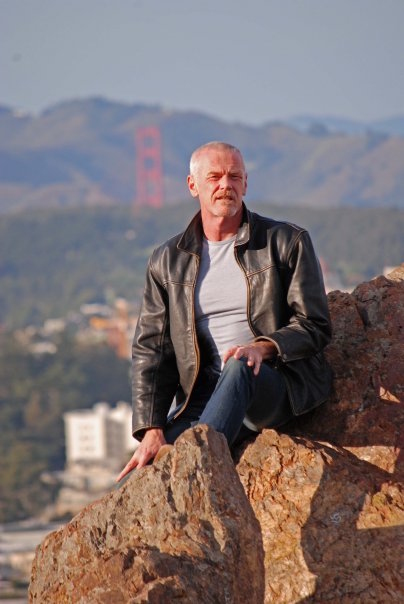By Stella Bednarz, Soap Opera Digest, 1989
|
|
Home | Cette page en Français |
| One Santa Barbara writer's crusade against racism | |||||
|
By Stella Bednarz, Soap Opera Digest, 1989 |
|
||||
 Racism
is everybody's problem. Look at a show like Santa Barbara - can
you imagine a system that wouldn't have given us a talent like A
Martinez ?" ask Santa Barbara writer Patrick Mulcahey.
The system he speaks of is apartheid - racial segregation - and the country is
South Africa.
Racism
is everybody's problem. Look at a show like Santa Barbara - can
you imagine a system that wouldn't have given us a talent like A
Martinez ?" ask Santa Barbara writer Patrick Mulcahey.
The system he speaks of is apartheid - racial segregation - and the country is
South Africa.
Chances are, your aren't aware of the connection between the wacky soap and the strife-torn African nation. Mulcahey, an Emmy-winning writer, didn't know of the link either – until he read an article in the newspaper listing the top-rated TV shows in South Africa. "To my amazement, one of them was Santa Barbara", recalls Mulcahey.
He knew the show was airing internationally, but Mulcahey didn't know exactly where : "The show is more successful outside the United States than in. But residuals are not very informative. They just say "foreign use". I do work I try to be proud of, but I don't usually think about the social role of soaps. However, everyone knows what the political situation is n South Africa and how our government has urged restraint of trade. Control of the communications media is tantamount to power. I was concerned and I knew that other people would share my concern."
Mulcahey's response was to initiate a petition among Santa Barbara's employees asking New World Television (which produces Santa Barbara) to halt sale of the soap to South Africa. "It said that we had no animosity towards the South Africa people," explains Mulcahey, "but felt that the system of government was antithetical to the racial makeup of our show."
A San Francisco resident, Mulcahey needed help from inside the Burbank-based show and called A Martinez (Cruz). "There just isn't anybody who doesn't respect A," Mulcahey points out. "Here's a guy who embodies all the best things about being an American. And with his mixed racial background, A would not have gotten admission through a lot of doors in South Africa."
According to Mulcahey, Martinez voiced his support and began circulating a petition. The response ? "Gratifying. I'm proud that the people on the show think this is an important issue," says Mulcahey. At the time, Ross Kettle (ex-Jeffrey) a native South Africa, was a cast member. "He signed. Ross understood that we weren't attacking the audience, but a system of government," explains Mulcahey. The signatures were sent to Jon Feltheimer, president of New World Television.
"He expressed his concerns, which I believe were sincere," stresses the writer. "He said it was unlikely Santa Barbara would be replaced by something better on South African television. He felt that he mixed racial background that Santa Barbara represents is welcomed by their audience. He felt there must be another way to do something (other than halting sale of the show). He offered his support to try to get something together."
When Mulcahey realized he couldn't change the situation, he drafted an alternate proposal. In it, he asked New World for three things : to determine a ballpark figure of how much of Santa Barbara's foreign residuals come from South Africa; create a system where Santa Barbara employees can voluntarily withhold that figure from their residuals checks; and set up a non-profit corporation to oversee the disbursement of this money.
"I'm trying to set up a way for people want to, to refuse to gain from that particular profit," comments Mulcahey. "We want to use the money positively in South Africa and try to fund an internship for black South Africans interested in a career in television. I think we can have it done by the end of the year. New World has said they will help. While we have disagreed, I want to emphasize that New World is working with us on this. There is no "us" and "them"."
New World president Jon Feltheimer concurs : "We are working toward an appropriate way to deal with their concerns and desire to be involved in some kind of a solutions to the South African situation."